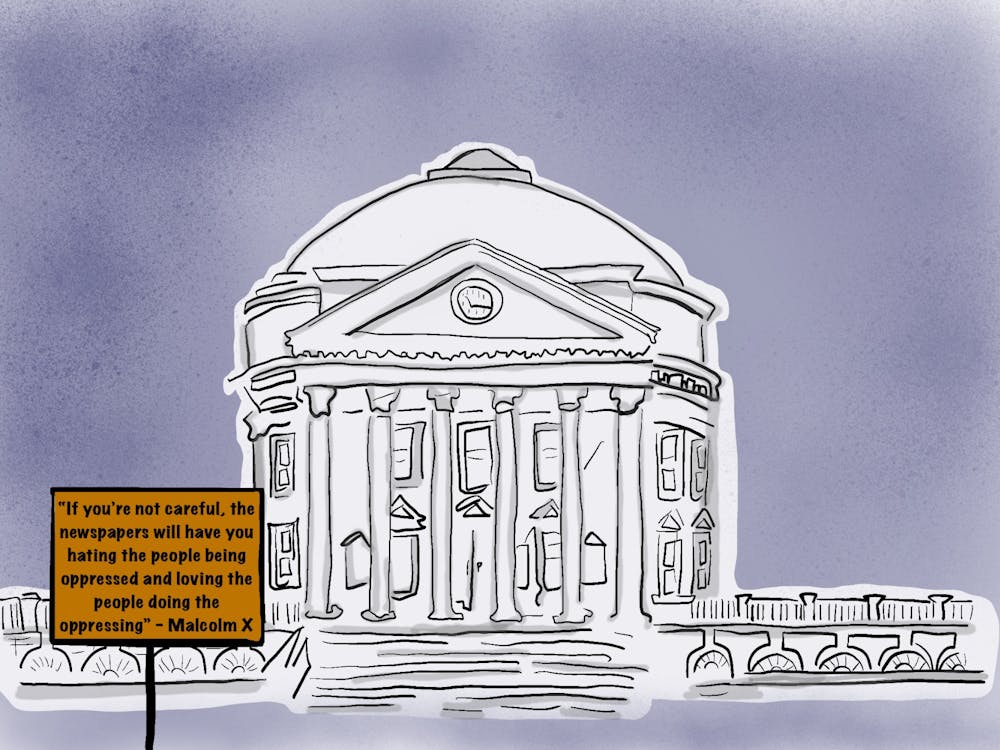Barbara Pierson, the parent of a student convicted of honor charges last academic year, addressed the Honor Committee Sunday night. Pierson expressed her thoughts about the system, giving particular emphasis to the psychological effects that the honor proceedings had on her daughter, whom she described as an "emotional wreck" during the lead-up to her trial. Understandably compounding the emotional impact was the exhausting seven-month length of the process.
To have a case last such an extraordinary amount of time, however, is an anomaly, Committee Chair David Truetzel said, noting that the case's summer timeframe did not help matters. Nevertheless, this extreme example brings to the fore the emotional hardship that any honor trial places on the accused student. Given the system that is in place, however, only so much can be done to lessen the turmoil.
The typical proceedings for an honor case last about 50 days from the time a complaint is made to when a trial is held, Truetzel said. The first two weeks are spent collecting evidence for the Investigative Panel, which then decides on or around day 16 whether to send a case to trial. If a case moves forward, the accused student then has 10 days to request a trial. The subsequent period varies considerably from case to case, but generally the trial is held within two to three weeks. The entire process is usually conducted in fewer than 50 days, excluding appeals. Naturally, the shorter the proceedings are, the less time there is for anxiety to build in students. Unfortunately, there simply is not much room to condense the honor timetable.
Pierson also indicated that the student adviser assigned to guide her daughter through the process "couldn't possibly understand" the devastating effect that a case can have on the accused. Because the advisers are neither psychology majors nor associated with any psychological facility, they are ill-equipped to handle the mental health aspect of the trial, Pierson suggested. Truetzel responded to Pierson's comments by saying that student health and well-being is a top priority of the Committee. Advisers are "trained to know when a situation has gotten out of their control" and when to refer students to counseling professionals, Truetzel said. Students who feel they are unable to stand trial can request time to receive assistance. If an ongoing psychological condition is expected to have contributed to the offense itself, a separate system is in place to evaluate the accused student's condition.
The concerns raised by Pierson are significant, but the Committee has taken logical steps to address the issues. High-stakes events like trials will inevitably lead to emotional hardship and high levels of stress. Still, without major institutional changes, there is only so much the Committee can do to mitigate these effects. The system may not be ideal, but it is better than all previous versions.
This isn't to say that problems do not exist. The vague intent clause, for example, has been the source of several controversies in recent years. As far as psychological issues are concerned, however, the Committee has approached the issue in an appropriate manner. It should continue to be flexible and adjust its policy as is needed.




